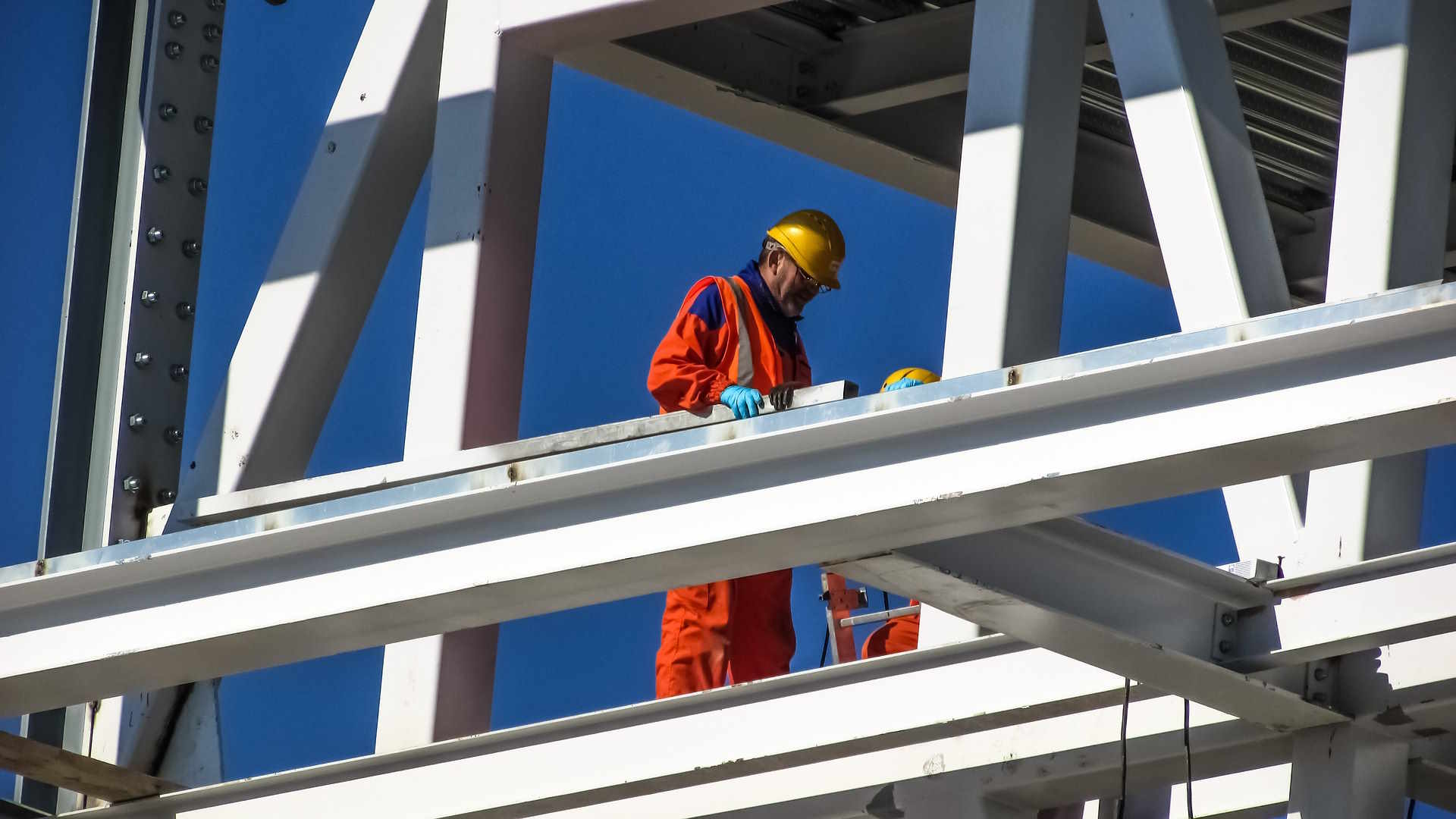Working in a warehouse in Italy: what to know before you start
I lavori di imballaggio in Italia comprendono attività come l’assemblaggio di prodotti in scatole e l’applicazione di etichette. Questi ruoli sono disponibili in magazzini e fabbriche, adatti a diversi livelli di competenza. I salari variano in base alla regione e all’esperienza, riflettendo gli standard del settore per ruoli di livello base. Le informazioni su posizioni aperte e processi di candidatura si trovano su portali di lavoro e siti web aziendali.

What are the main roles in packaging jobs in Italy?
Packaging jobs in Italy encompass a variety of positions, each with specific responsibilities. The most common roles include:
-
Packaging Operators: These workers are responsible for assembling products into boxes, applying labels, and ensuring items are properly packaged for shipping.
-
Quality Control Inspectors: They check packaged products for defects or errors before they leave the warehouse.
-
Forklift Operators: These skilled workers move pallets of packaged goods around the warehouse and load them onto trucks for distribution.
-
Inventory Clerks: They maintain accurate records of packaged products and manage stock levels.
-
Packaging Supervisors: These individuals oversee the packaging process and manage teams of packaging operators.
Each role requires different levels of skill and experience, with opportunities for advancement as workers gain expertise in warehouse operations.
Where are packaging jobs primarily located in Italy?
Packaging jobs are distributed throughout Italy, but they are particularly concentrated in certain regions known for their industrial and logistical hubs:
-
Lombardy: The Milan area is a major center for manufacturing and distribution, offering numerous packaging opportunities.
-
Emilia-Romagna: Cities like Bologna and Modena are known for their packaging industry, especially in the food sector.
-
Veneto: The region around Venice, including cities like Padua and Verona, has a strong presence in logistics and packaging.
-
Piedmont: Turin and its surrounding areas host many automotive and industrial packaging operations.
-
Lazio: The Rome area offers packaging jobs in various industries, including pharmaceuticals and consumer goods.
These regions typically have well-developed transportation networks, making them ideal locations for warehousing and distribution centers.
What are the typical hours for packaging jobs?
Working hours in Italian warehouses can vary depending on the specific role and company policies. However, some general patterns are common:
-
Full-time positions typically involve 38-40 hours per week, spread across 5 or 6 days.
-
Shift work is common, with many warehouses operating on a two or three-shift system to ensure continuous operation.
-
Morning shifts often start between 6:00 AM and 8:00 AM, while afternoon shifts may begin around 2:00 PM or 3:00 PM.
-
Night shifts, where applicable, usually run from 10:00 PM to 6:00 AM.
-
Overtime may be required during busy periods, such as holiday seasons or special promotions.
It’s important to note that Italian labor laws regulate working hours and rest periods, ensuring fair treatment of employees in the packaging industry.
What skills are needed for packaging jobs in Italy?
Success in Italian packaging jobs requires a combination of physical capabilities and soft skills:
-
Physical stamina: The ability to stand for long periods and lift moderately heavy objects is often necessary.
-
Attention to detail: Accurate packaging and labeling are crucial for quality control.
-
Basic math skills: For inventory management and quality checks.
-
Teamwork: Most packaging roles involve working closely with others.
-
Time management: Meeting production targets and deadlines is essential.
-
Safety awareness: Understanding and following warehouse safety protocols is critical.
-
Italian language proficiency: While not always required, basic Italian skills can be beneficial for communication and following instructions.
What are the working conditions like in Italian warehouses?
Working conditions in Italian warehouses generally adhere to European standards for safety and comfort. However, potential employees should be aware of the following:
-
Temperature variations: Warehouses can be hot in summer and cold in winter, although many facilities have climate control systems.
-
Noise levels: Some packaging areas may be noisy due to machinery and equipment.
-
Repetitive tasks: Many packaging jobs involve repeating similar actions throughout the shift.
-
Safety equipment: Workers are typically required to wear protective gear such as steel-toed boots and high-visibility vests.
-
Technology use: Modern warehouses often utilize computerized systems for inventory tracking and order processing.
Italian labor laws ensure that workers have access to proper breaks, rest areas, and sanitary facilities within the warehouse environment.
What are the salary expectations for packaging jobs in Italy?
Salaries for packaging jobs in Italy can vary based on factors such as location, experience, and specific role. Here’s a general overview of salary ranges for common packaging positions:
| Position | Entry-Level Salary (€/year) | Experienced Salary (€/year) |
|———-|—————————–|—————————–|
| Packaging Operator | 18,000 - 22,000 | 24,000 - 28,000 |
| Forklift Operator | 20,000 - 24,000 | 26,000 - 32,000 |
| Quality Control Inspector | 22,000 - 26,000 | 28,000 - 35,000 |
| Packaging Supervisor | 28,000 - 32,000 | 35,000 - 45,000 |
Prices, rates, or cost estimates mentioned in this article are based on the latest available information but may change over time. Independent research is advised before making financial decisions.
It’s important to note that these figures are approximate and can be influenced by factors such as company size, industry sector, and regional cost of living. Additionally, many packaging jobs offer opportunities for overtime pay, which can significantly increase overall earnings.
In conclusion, working in an Italian warehouse, particularly in packaging roles, offers a stable career path with opportunities for growth. By understanding the nature of the work, typical roles, working conditions, and salary expectations, individuals can make informed decisions about pursuing employment in this sector. As Italy continues to play a significant role in European manufacturing and logistics, the demand for skilled warehouse workers is likely to remain strong in the foreseeable future.




